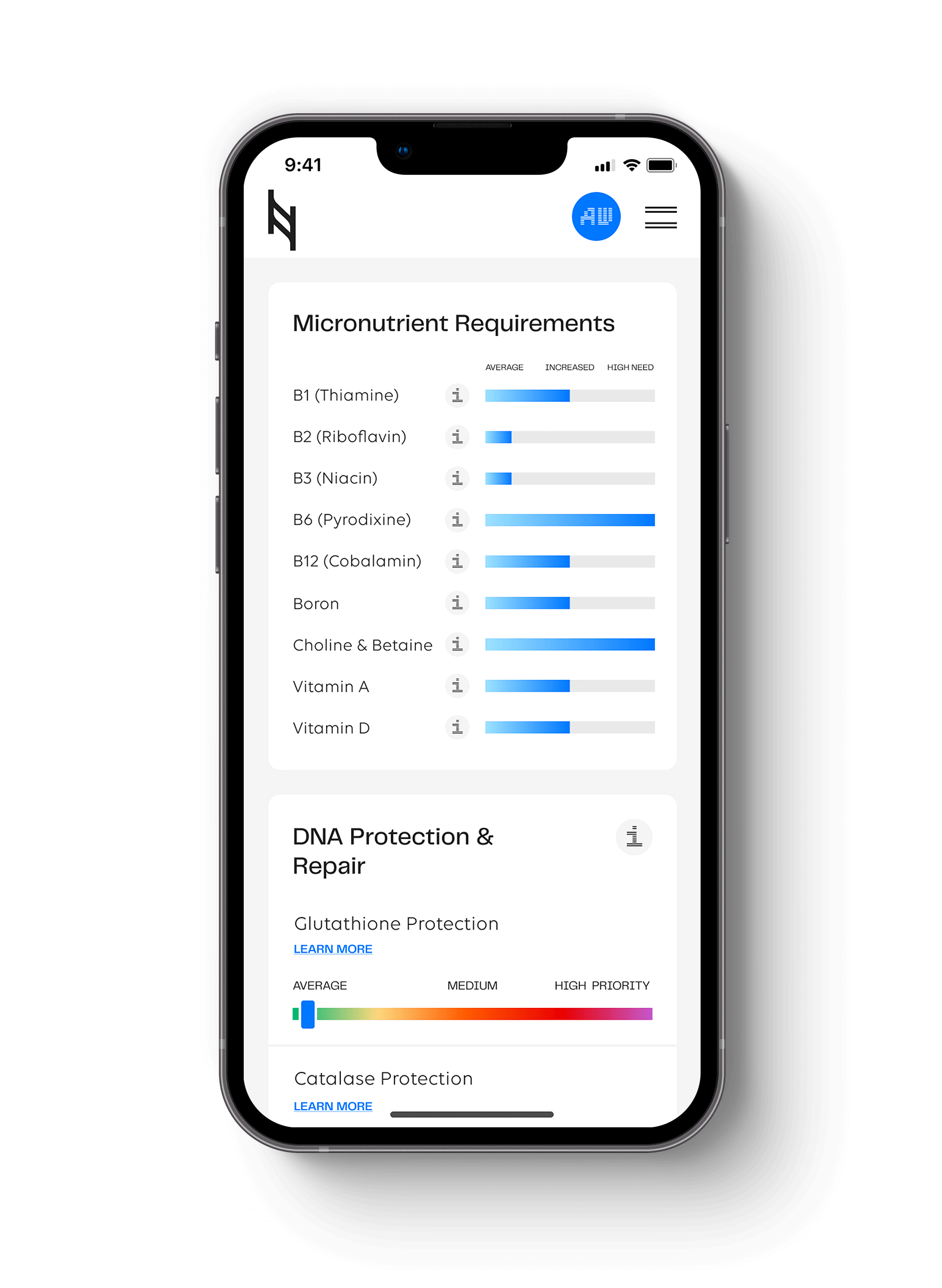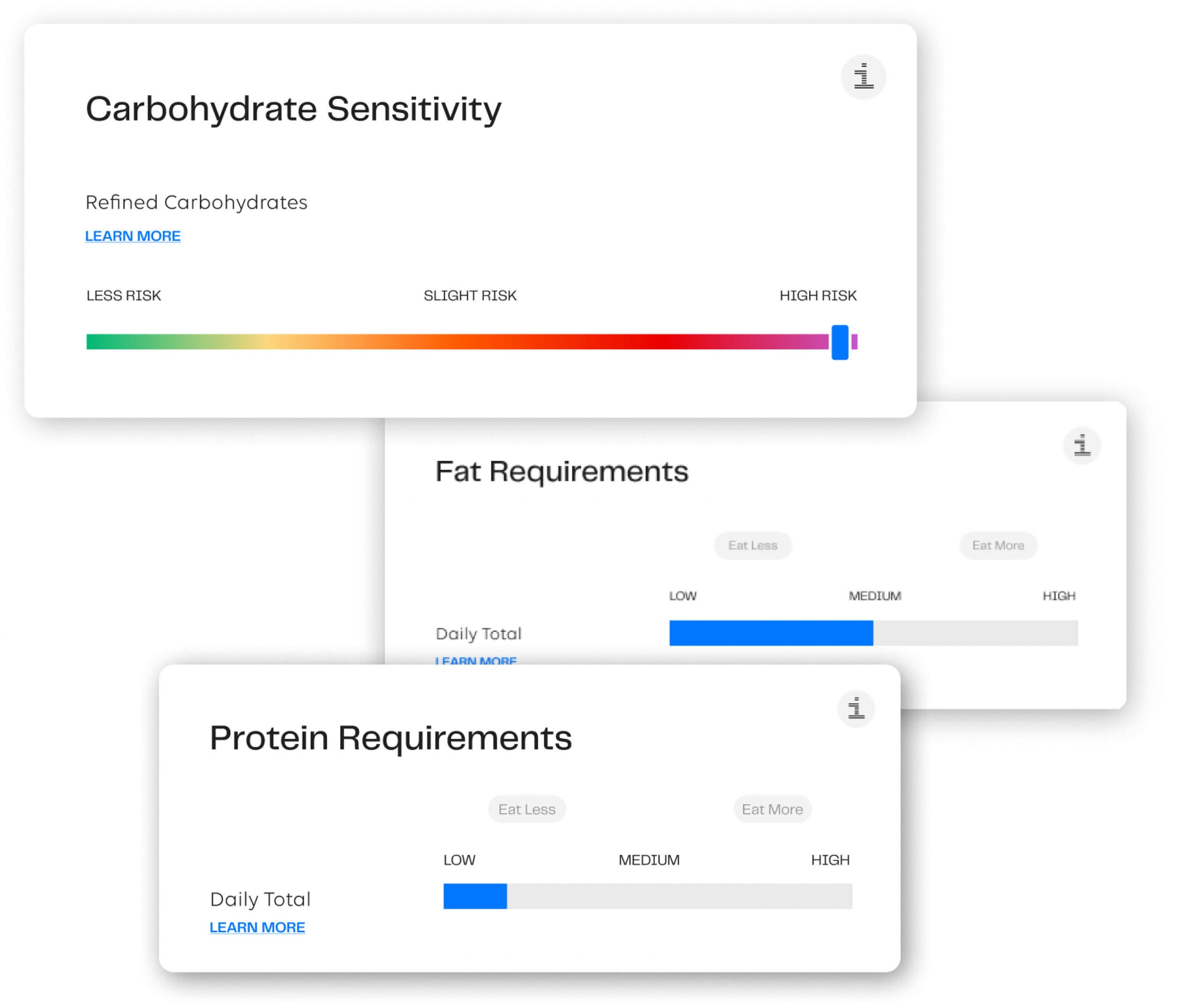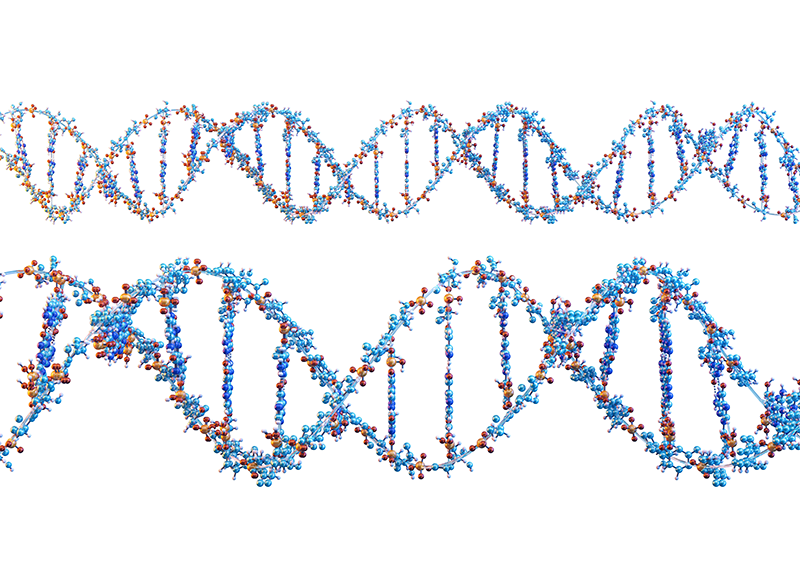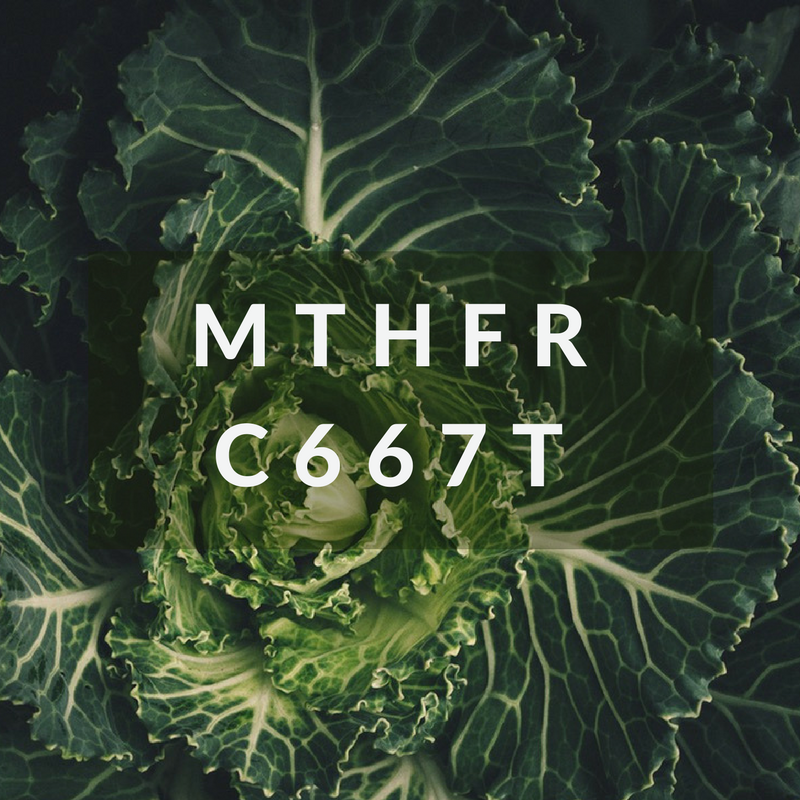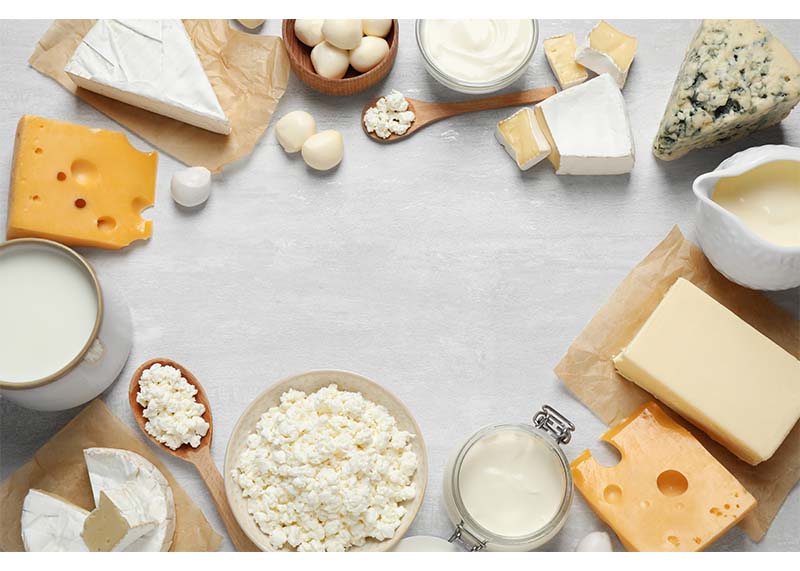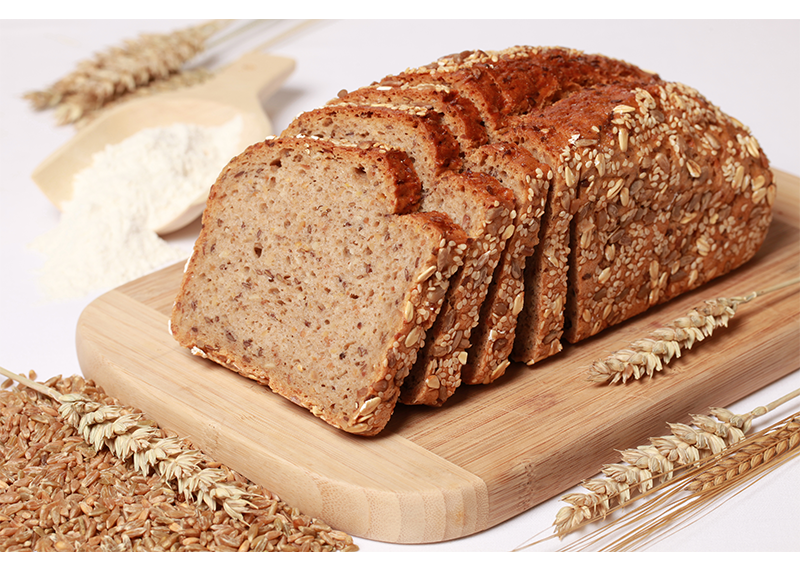Mental Health Awareness Month is observed in May to increase the awareness of those struggling with mental health. Each week this month, we will be exploring how to use the Nutrition Genome Report for mental health.
APOE is one of the most compelling genes due to having a high impact on an individual’s metabolic, cardiovascular, and cognitive health. APOE comes with many trade-offs based on the genotype. For APOE-e4 carriers, the trade-off includes a higher risk of Alzheimer’s disease. Approximately 25 percent of people carry one copy of APOE-e4, and 2 to 3 percent carry two copies.
The most popular question about APOE is, “what diet should be followed to reduce the risks associated with APOE-e4?” Some of the research is conflicting, and you will see many different opinions on the subject.
Filtering the Research
After reviewing the research, certain patterns emerge. APOE-e4 carriers have been shown to be more sensitive to insulin resistance. The relative risk of development of Alzheimer’s disease with type 2 diabetes is 1.8. The risk with the additional presence of an APOE-e4 allele increases the relative risk to 5.5.
As of the current date, intervention studies have suggested that e4 carriers may be more sensitive to sugar, refined carbohydrates, overall carbohydrate intake, alcohol, smoking, saturated fat, and low omega-3 intake.
- One study found that high saturated fat diets are associated with a greater risk (7-fold increase) of Alzheimer’s disease for e4 carriers than non-e4 carriers in a northern European population. Additional risks were also found for e-4 carriers that were sedentary, drank alcohol, and smoked.
- The first study to measure plasma fatty acids found a significant detrimental association between high plasma SFA and insulin resistance in e4 carriers at baseline in a European population with metabolic syndrome.
- The Mediterranean diet was associated with a decreased risk of Alzheimer’s disease, but this only applied to e3 carriers and not e4 carriers in a Spanish population. The Mediterranean diet has been related to a reduced risk of cognitive decline in some North American and Mediterranean populations, but not in Nordic countries.
- In a Swedish population, a regression analysis was used to compare a diet higher in fish, fruits, and vegetables to a diet higher in red meat, refined carbohydrates and full-fat dairy products (western diet). Those with a higher adherence to the western dietary pattern had an increased risk of dementia among e4 carriers, while no association was observed among e4 non-carriers (e2 and e3). Even though both diets included alcohol, the detrimental effects were higher in the western diet.
- In a Finnish population, a higher fish intake was associated with a better performance in the verbal fluency test among the e4 carriers but not among the non-carriers after multivariable adjustments.
- In a UK population, lamb consumption improved cognition in e4 carriers over 10 years. The researchers explained that lamb is only grass-fed, contains decreased saturated fat, and may have more than twice the oleic fatty acid content compared to beef. Lamb is also high in taurine, carnosine, coenzyme Q10, and creatine. Compared with the results of other studies, this insight may show that it is even more critical for e4 carriers to eat wild and grass-fed meat.
- When looking at a Costa Rican population, a high saturated fat intake was associated with a 49% increased risk of a heart attack in the e3/e3 genotype. In comparison, the e4/e4 was associated with a 110% increased risk of a heart attack.
- A 2020 study of 224 people from western Mexico found carriers of the e4 allele with a combined high dietary omega 6 to low omega-3 ratio underwent a worse glycemic control as measured by HbA1c, which was not observed for the other genetic groups.
- A 2021 study of 8,506 Chinese people over 14 years reported that a high fish intake was associated with a lower risk of mortality only among the APOE-e4 carriers. A high meat intake was significantly associated with a higher risk of mortality only among the APOE e3 or e2 carriers, but not e4 carriers.
Dietary Interpretation for APOE
At Nutrition Genome, we analyze all gene variants with an ancestral lens and cumulative value score. For example, APOE’s risk of cognitive decline conferred by the e4 allele is greater among Caucasians and Asians from the northern hemisphere than those with southern European, Latino, and African American ancestry. We also calculate other genes into the equation that can influence APOE’s influence to narrow down the highest priorities.
Due to APOE-4 representing a hunter-gatherer period, it is logical that a diet centered around protein, choline, omega-3s, uridine, creatine, berries, fiber, nuts, seeds, antioxidants, low in refined carbohydrates, high in potassium, and avoiding alcohol is a solid strategy for e4 carriers. All of these have been verified to be beneficial for APOE-e4 in research.
Takeaway
Dietary adaptability may also vary depending on the individual’s ancestry and genetics. Our approach with APOE-e4 is to look at the whole picture with the Nutrition Genome Report.
Under My Health Report, review the Macronutrient section where numerous genes are factored into the protein, fat, carbohydrate, fiber, lactose, micronutrient, phytonutrient, and meal timing modules. Reviewing the Macronutrient section of the Nutrition Genome Report will allow you to customize the approach for an e4 carrier with a better likelihood of a positive dietary impact for each case.
Hit your health goals faster
We'll help you remove the guesswork
Experience the most advanced nutrigenomic test available, covering 100 clinically relevant genes for a "whole body" analysis. Take control of your health today.
$359
